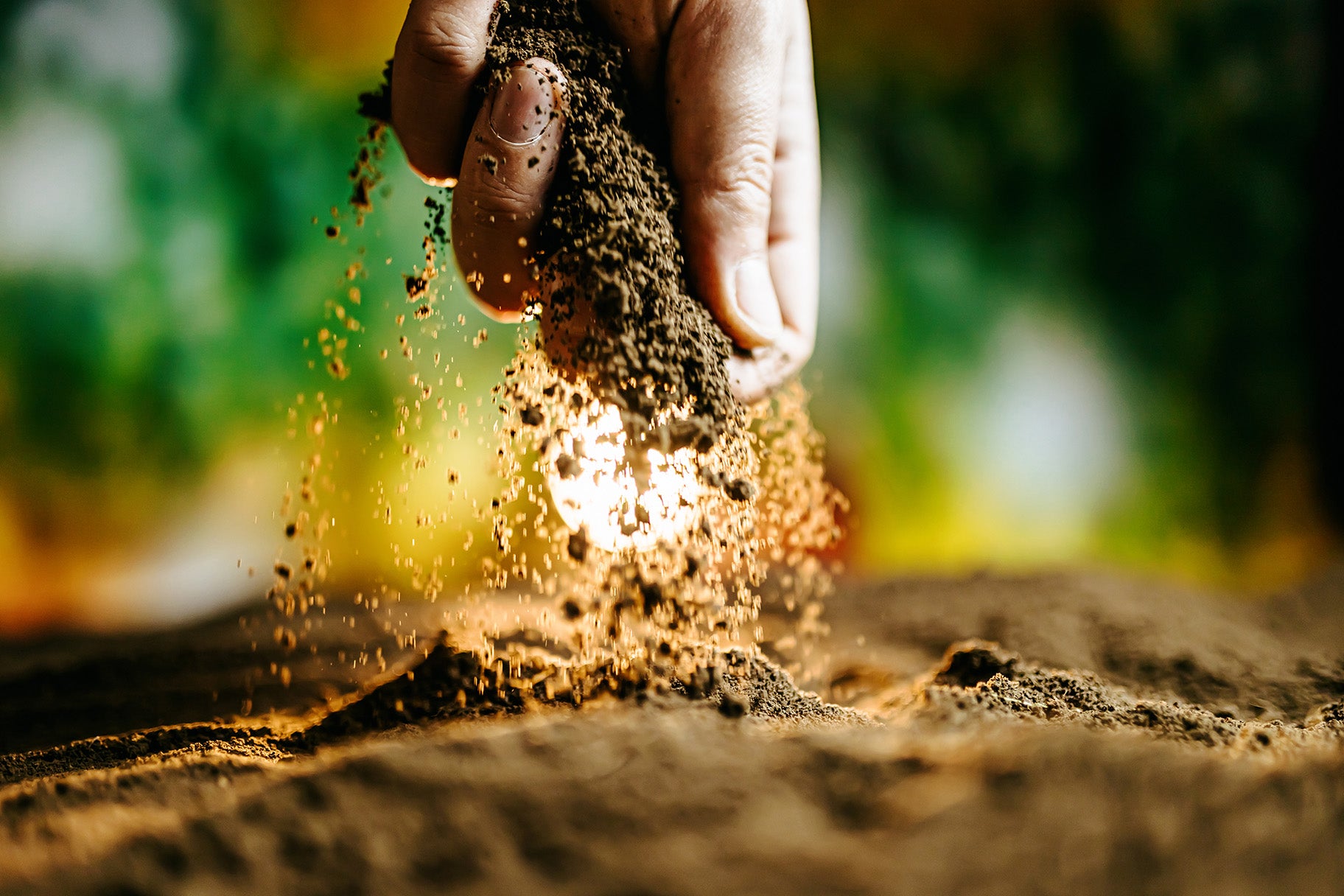
Why Proper Soil Management is Essential for Thriving Coconut Farms
Coconuts hold the key to a tropical paradise, but behind every thriving coconut farm lies proper soil management. If you want your coconuts to flourish and your profits to skyrocket, it's time to ...
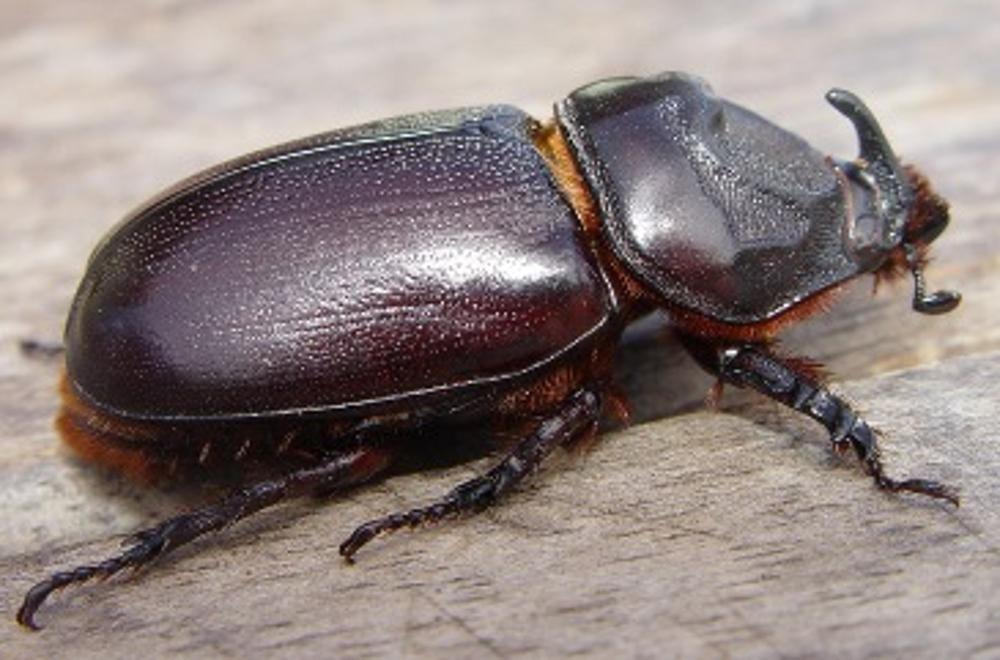
Pest Control Measures Undertaken in Coconut Farms
In coconut plantations, pests may be a big problem since they harm the coconut trees and lower the yield. Insect pests, mites, and rodents are some of the pests that can harm coconut plants. Pest i...
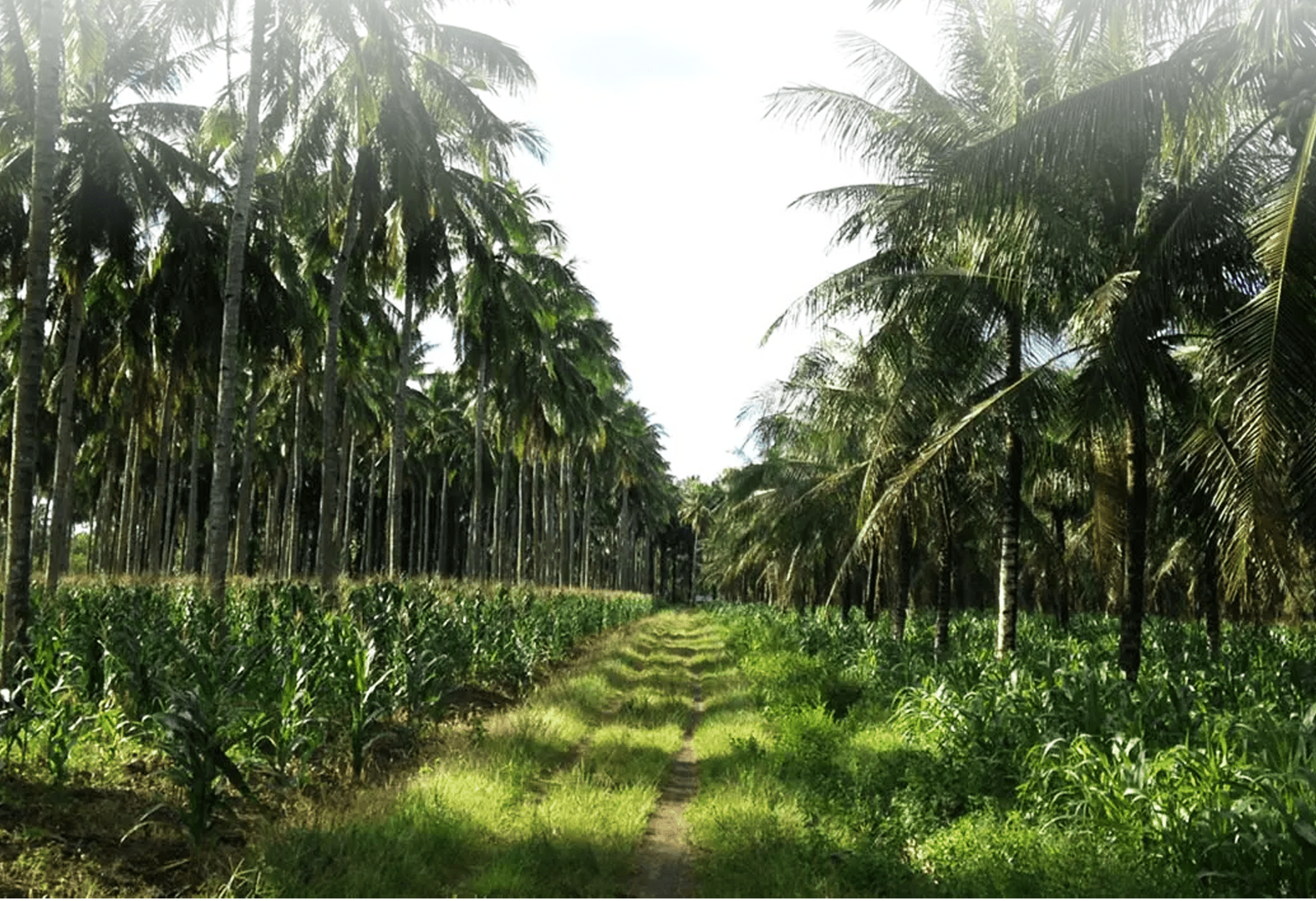
Maximizing Yield: Innovative Coconut Farming Systems
A farming system is a specific strategy or technique for agricultural production that combines several elements, such as crops, animals, and natural resources like land, water, and soil. It deals w...
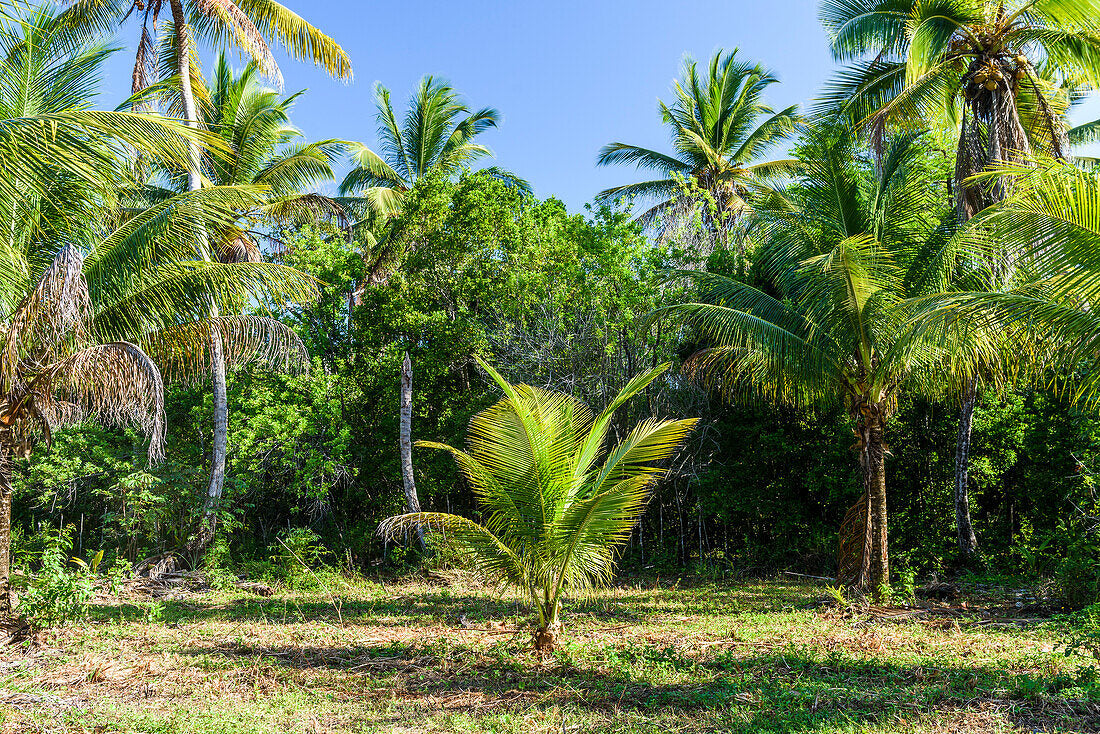
Cultivating Success: How to Manage Young Coconut Trees?
In coconut farming, "juvenile palms" refer to young coconut trees that have not yet reached maturity and begun producing fruit. Typically, these palms are less than 7 years old and are still in th...
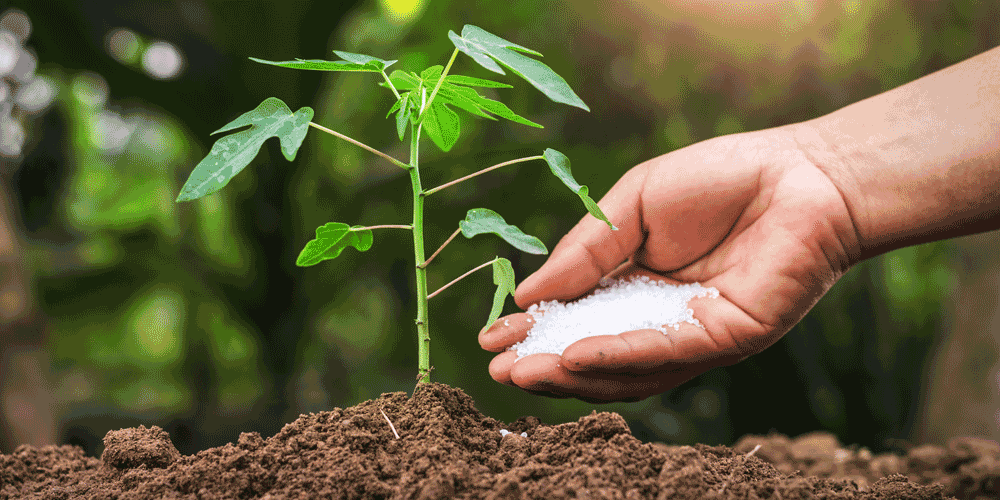
Manures and Fertilizers Used in Coconut Farming
Coconut trees require manures and fertilizers to grow and flourish. They offer the nutrients the coconut trees require in order to produce healthy fruit. As they supply the critical nutrients requ...
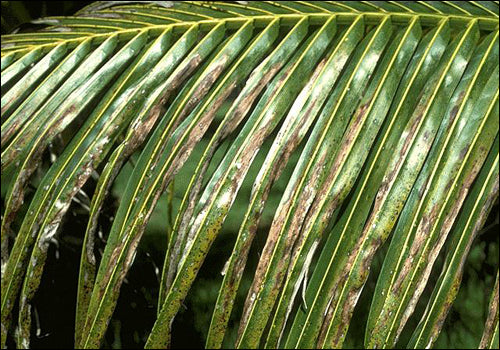
Nutrient Deficiency Symptoms in Coconut Palms
A healthy coconut palm plant should have several key characteristics. Its leaves or fronds must first be a glossy green colour. If the fronds start to yellow or become brown, it may be a sign of n...